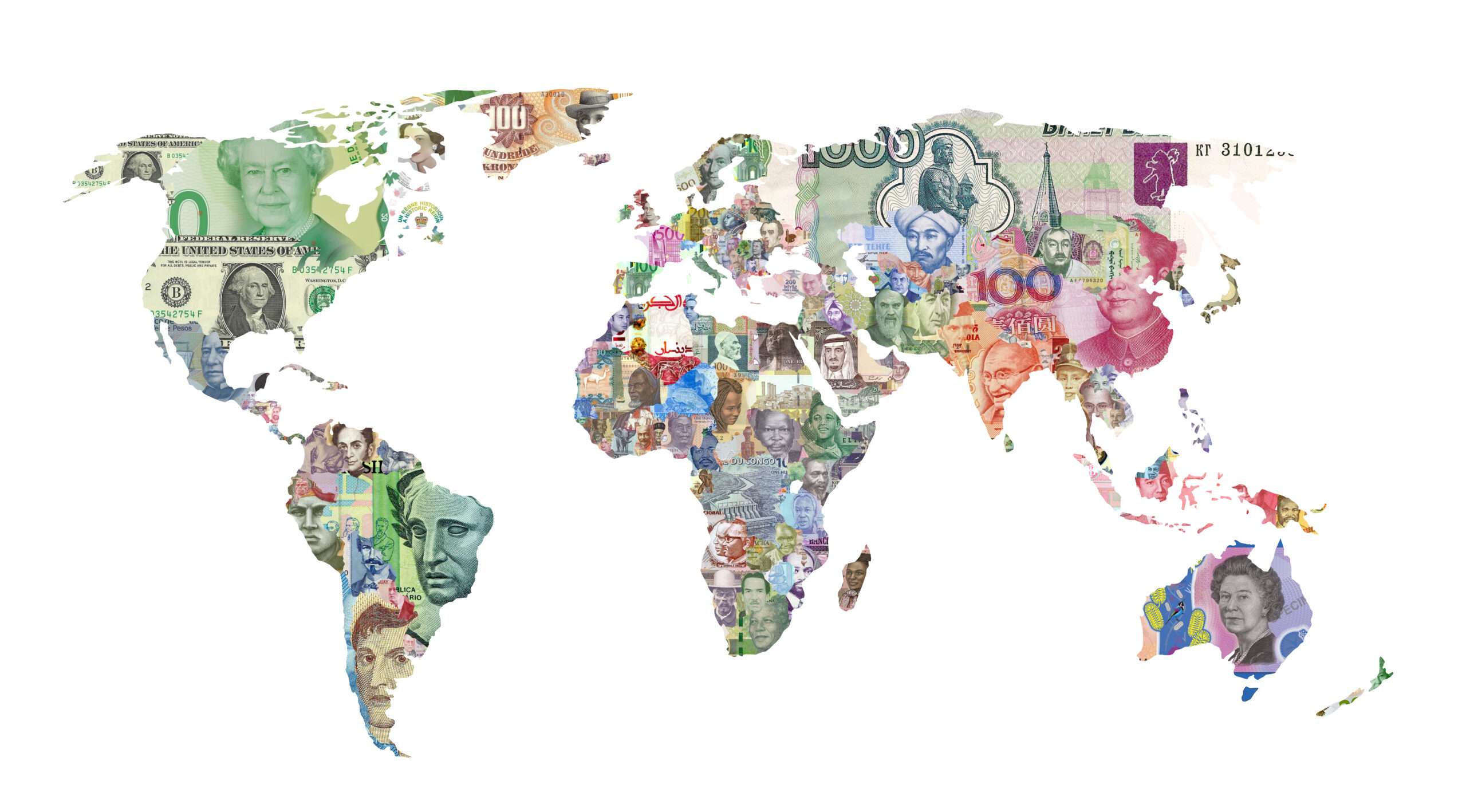Nations Enjoying Economic Freedom Are Significantly Better Off
Economic freedom, representing the fundamental liberties to choose employment, start businesses, own property, and manage personal finances, is a privilege that Americans often take for granted. However, this basic level of economic freedom is lacking for billions globally. The latest Economic Freedom of the World index, published by the Fraser Institute, emphasizes the significance of economic freedom across diverse populations, from factory workers in the U.S. to farmers in developing nations. This index evaluates how well governments protect property rights, maintain sensible regulations, facilitate trade, ensure monetary stability, and enforce contracts through courts. The 2024 index analyzes data from 2022, measuring these critical factors among 165 countries since its inception in 1996. The findings elucidate a stark contrast between nations, highlighting that the most economically free regions experience significantly higher standards of living compared to those with repressive regimes.
The differences in economic freedom translate into tangible outcomes: countries that cherish free market principles enjoy a gross domestic product (GDP) per capita that is, on average, 7.6 times higher than that of the least economically free nations. Furthermore, these prosperous nations not only boast better healthcare systems and cleaner environments but also extend longer life expectancies to their citizens. Notably, even the lower-income individuals in wealthier, freer nations lead better lives than the middle class in economically repressive countries. Countries leading the index, such as Hong Kong, Singapore, and the United States, exemplify the benefits of economic freedom. In contrast, the least free nations, including Yemen and Venezuela, showcase the dire consequences of oppressive economic policies. The stark comparison serves to underline that economic freedom is not merely an abstract concept; rather, it is intrinsically linked to the well-being and prosperity of citizens.
Historical examples abound, illustrating the drastic outcomes of embracing or rejecting economic freedom. Venezuela, once a thriving nation with abundant resources, saw its fortunes plummet as it dismantled economic freedoms through state control and regulation, resulting in widespread poverty and emigration of its citizens. Conversely, Botswana showcases a positive narrative, transitioning from one of Africa’s poorest countries to a middle-income success story by opting for economic freedom. Such narratives highlight that economic freedom is fundamentally about improving the living conditions of ordinary people rather than merely generating profits. Reflecting on the statistics, it’s evident that those living in the least economically free nations face dire consequences, such as elevated infant mortality rates and higher incidences of extreme poverty and illiteracy, particularly among women.
The latest Economic Freedom of the World report exposes a troubling decline in global economic freedom for the third consecutive year. Despite initially witnessing a gradual expansion of economic liberties that aided over a billion people in escaping poverty, recent trends indicate a retreat. This shrinkage in global economic freedom includes traditionally free economies like the U.S., where increased government spending and regulatory burdens have been observed. Factors such as COVID-19 lockdowns have further hampered economic freedom and raised concerns about its repercussions on individuals and communities. The current global landscape is also marked by the rise of authoritarian regimes, creating additional challenges that threaten freedoms worldwide.
The political landscape in the United States further complicates the issue of economic freedom; while significant candidates focus on expanding government roles in various sectors, the necessity for advocating economic freedom has never been more paramount. Both parties’ leaders have been leaning towards government interventions that could infringe upon the principles of economic freedom. The survey underscores a critical need for U.S. citizens to prioritize candidates who champion the values of economic freedom. To maintain resilience against emerging global challenges, particularly right-wing authoritarianism, it is essential to regenerate discussions around economic freedom as a central tenet of policymaking.
To restore the leadership position that the United States once held, significant reforms must occur within its economic framework. Addressing the burgeoning regulatory systems should be a priority, alongside reforming the tax code that often hampers investment and innovation. The inclination toward even more government intervention to resolve complex problems poses a threat to the core principle of economic freedom. Ultimately, safeguarding economic liberty goes beyond ideological discourse; it reflects the realities and human potential tethered to the choices made by government officials. The Economic Freedom of the World index serves not only as a barometer of economic health but as a vital reminder of the importance of protecting human potential, which is worth the fight.
Share this content:












Post Comment